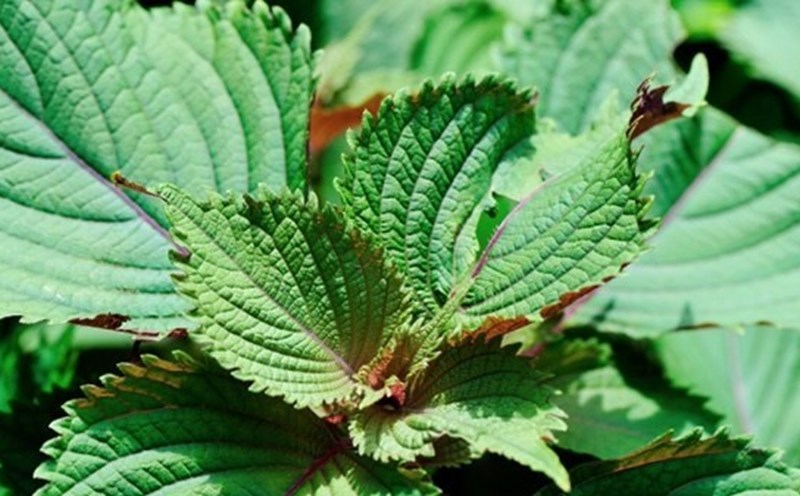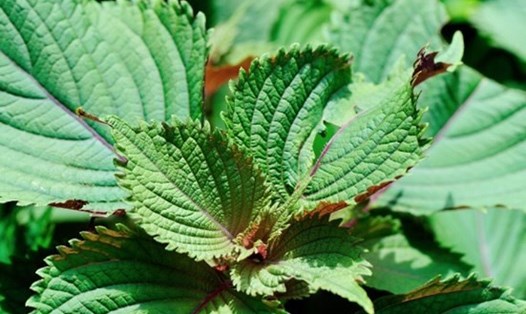According to research published in the Journal of Medicinal Food (2023), cranberry extract helps increase the activity of liver detoxification enzymes such as glutathione peroxidase and catalase, while significantly reducing liver enzyme ALT and AST in people with fatty liver. The polyphenol and anthocyanin ingredients in this fruit also help prevent fat accumulation and heavy metals in the liver, which can lead to early inflammation and cirrhosis.
For the kidney system, cranberries are recommended by the US National Institutes of Health (NIH) for regular use to prevent urinary tract infections and kidney stones. The active ingredient proanthocyanidin in the fruit helps inhibit bacteria from sticking to the bladder wall, while promoting the excretion of urine, supporting the excretion of toxins and uric acid.
Dr. David Heber, a nutritionist at the University of California Los Angeles (UCLA), commented: "The plant compounds in cranberries are not only anti-inflammatory but also help activate the natural purification mechanism of the liver and kidneys, reducing the metabolic burden caused by a diet high in fat and protein".
Experts recommend taking 3050g of fresh cranberries or 1 glass of pure juice per day, especially in the morning, when the body begins the strongest filtering and metabolism process. With a mild sour taste and rich in antioxidants, this small fruit is not only a natural "biofilter" for the liver and kidneys but also helps increase resistance, protect the body comprehensively in the cold season.











